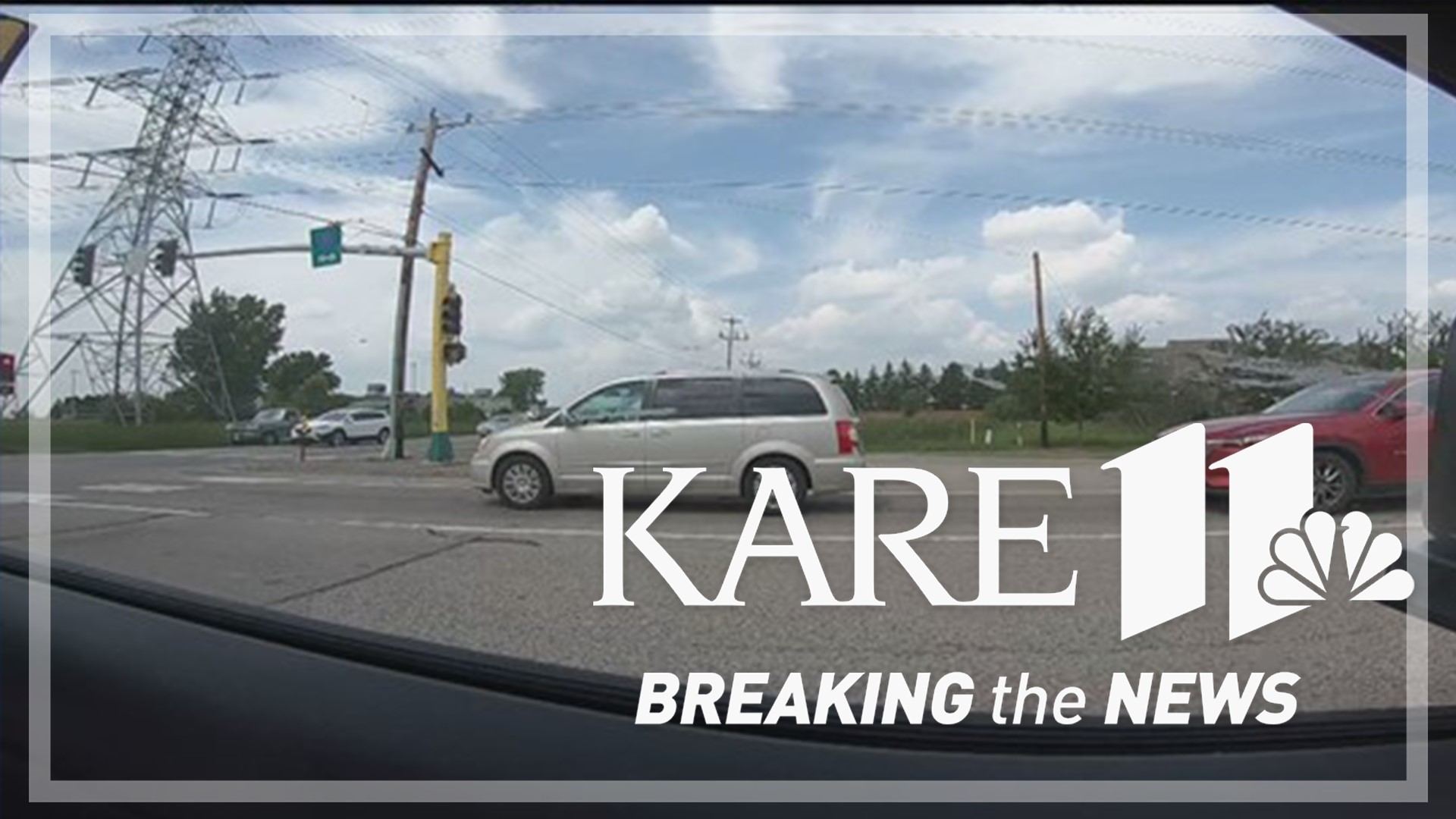MINNEAPOLIS — It can be frustrating when the light turns green and every car in front of you makes it through before it turns red -- except for you.
Assistant Professor Michael Levin at the University of Minnesota and his team just finished the first phase of a study that, if successful, could make those traffic signals a lot smarter and less frustrating.
"I would hope that it would improve in terms of getting more people through the intersection or getting them through the intersection faster," Levin said. "It's a new way of approaching traffic signal timing."
In phase one, Levin's team at the University of Minnesota's Center for Transportation Studies took traffic data from seven Hennepin County intersections and used mathematical formulas in an attempt to improve the number of vehicles getting through each green light. The simulations using the research algorithm were successful.
"We saw up to 50% reductions in delay," he said.
Now they are using equipment in the lab to conduct safety tests to ensure the theories work with the hardware.
"Phase 3, if MnDOT likes it, that would be on the roads using sensors modifying the actual signal timings," Levin said.
The Local Road Research Board funded the research in partnership with Hennepin County. The method is called "max-pressure control" and when put into practice will involve sensors in the pavement that more accurately read the number of cars waiting and approaching the intersection.
Levin says they are a year or two away from Phase 3, which involves testing the hardware at Minnesota intersections.
"If this study is successful, we hope to see in 5 to 10 years more widespread use deployed in more intersections on a more permanent basis," Levin said.
Right now, the concept doesn't allow for intersections to communicate with each other, but the group plans to study that as well.
Watch more Breaking The News:
Watch all of the latest stories from Breaking The News in our YouTube playlist:

